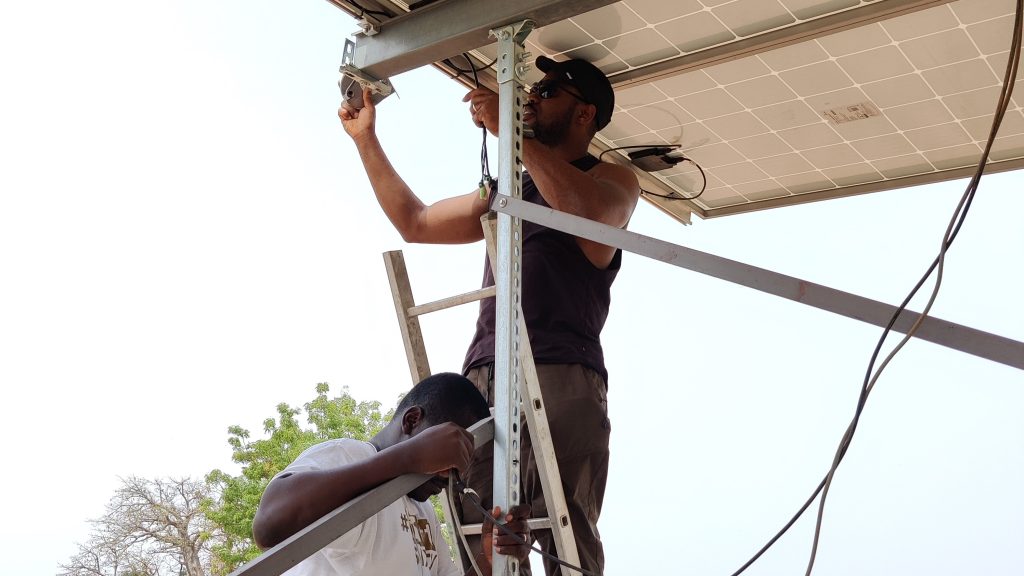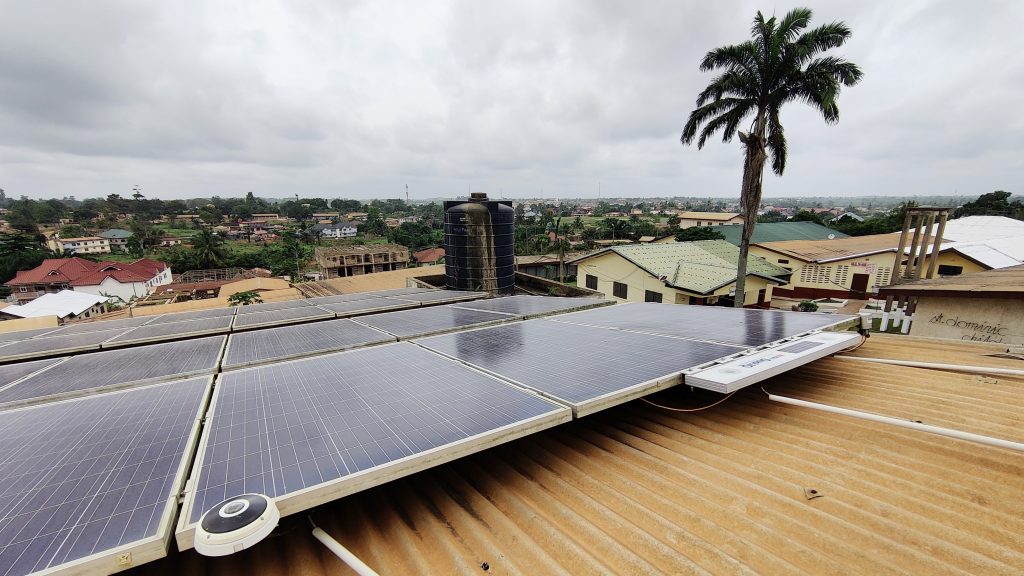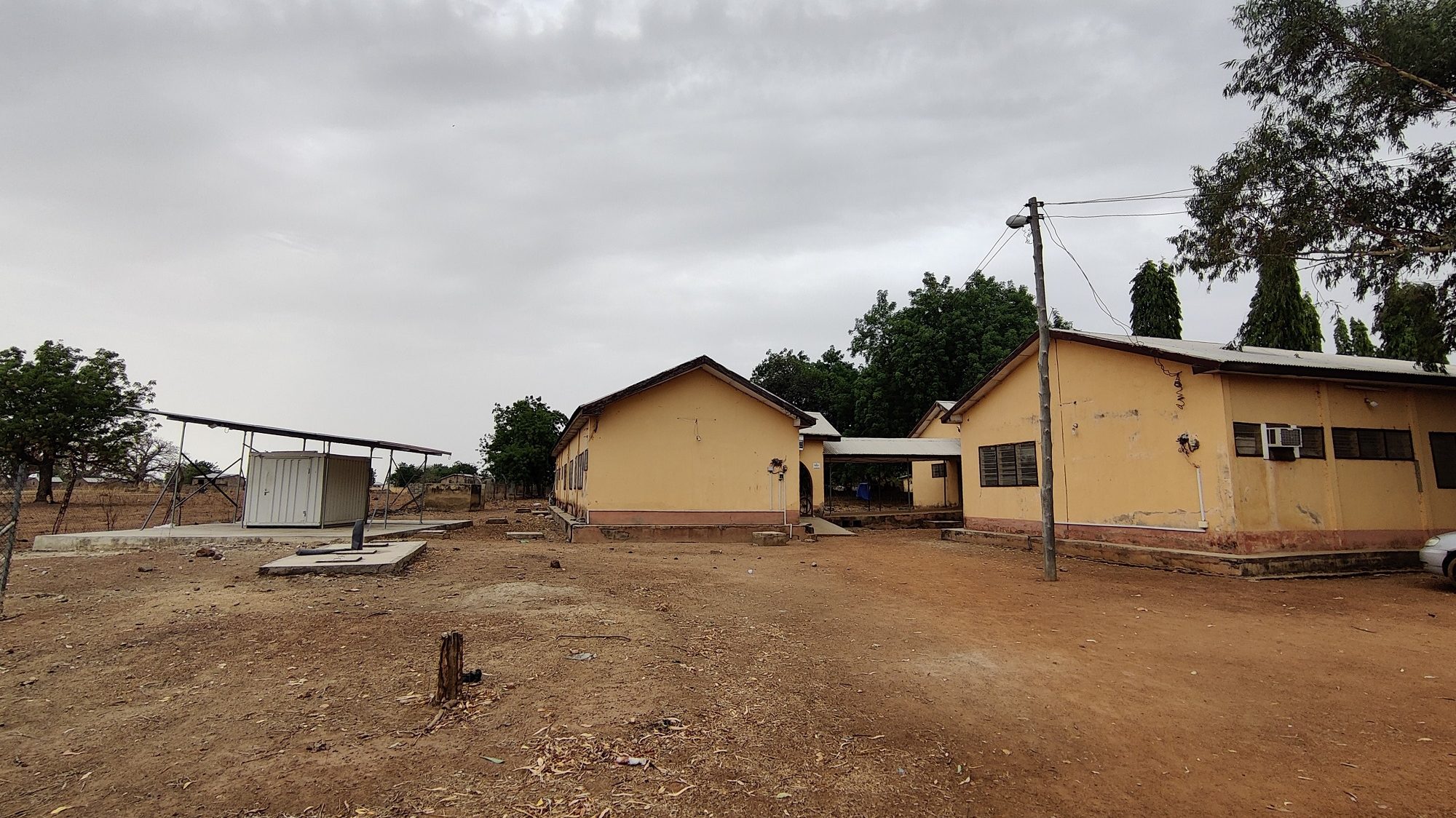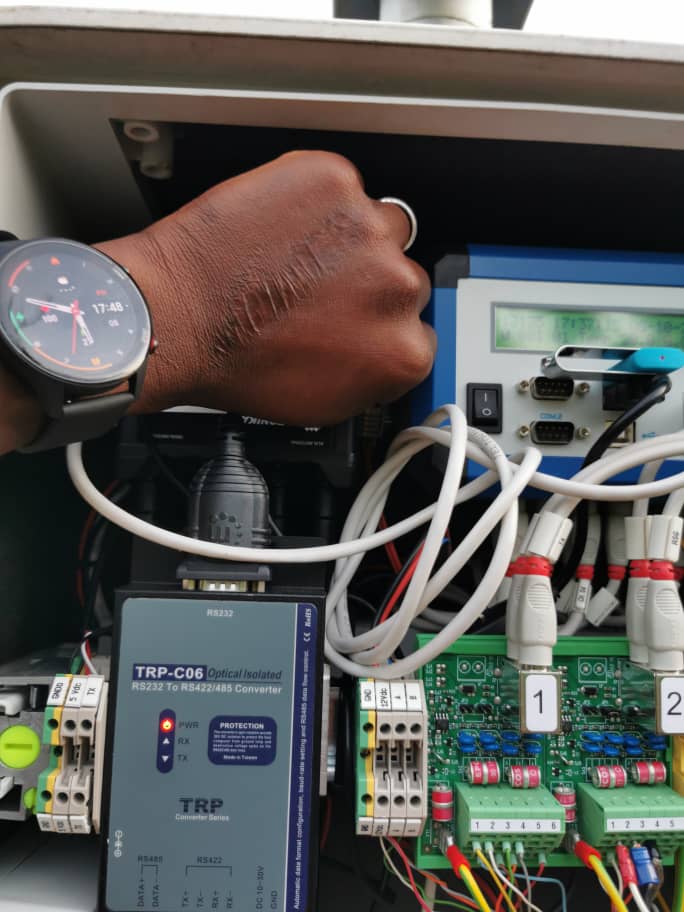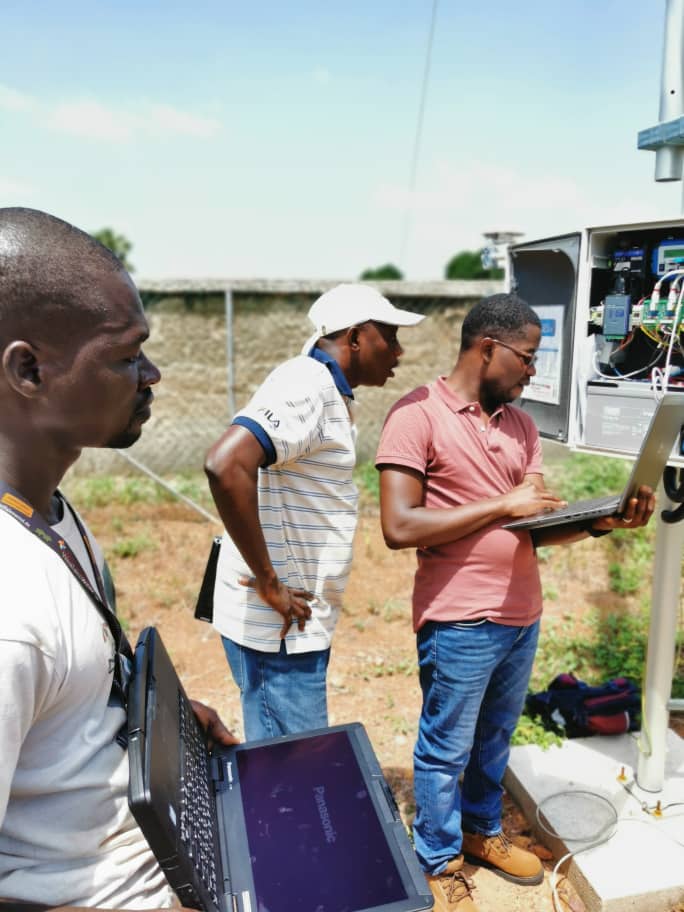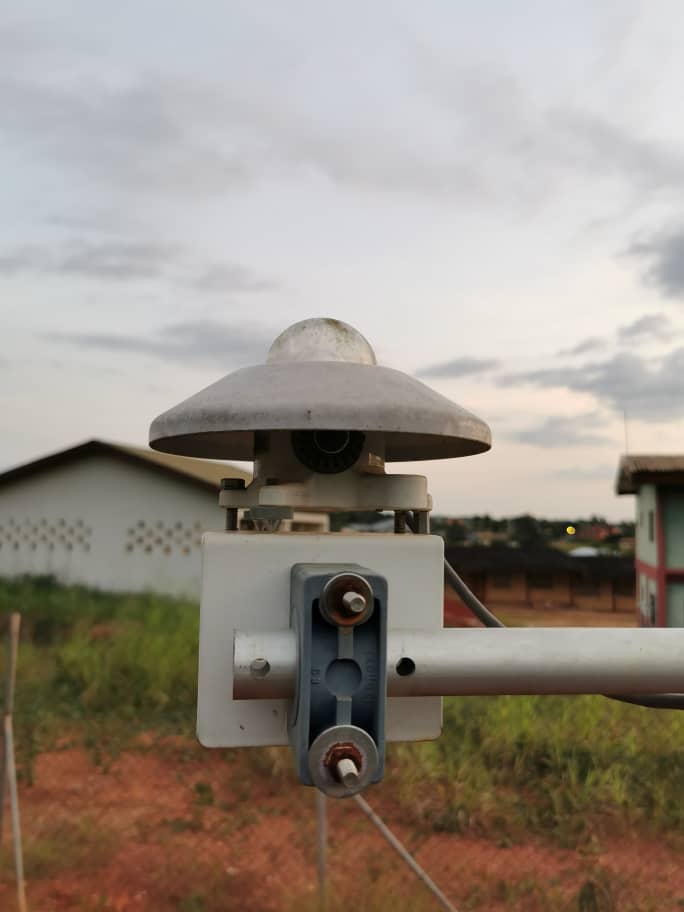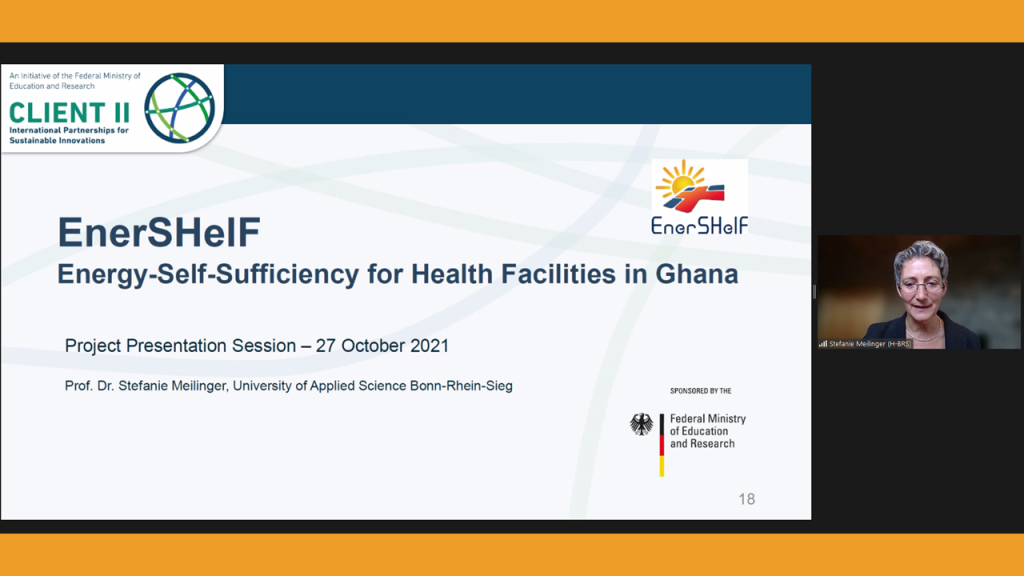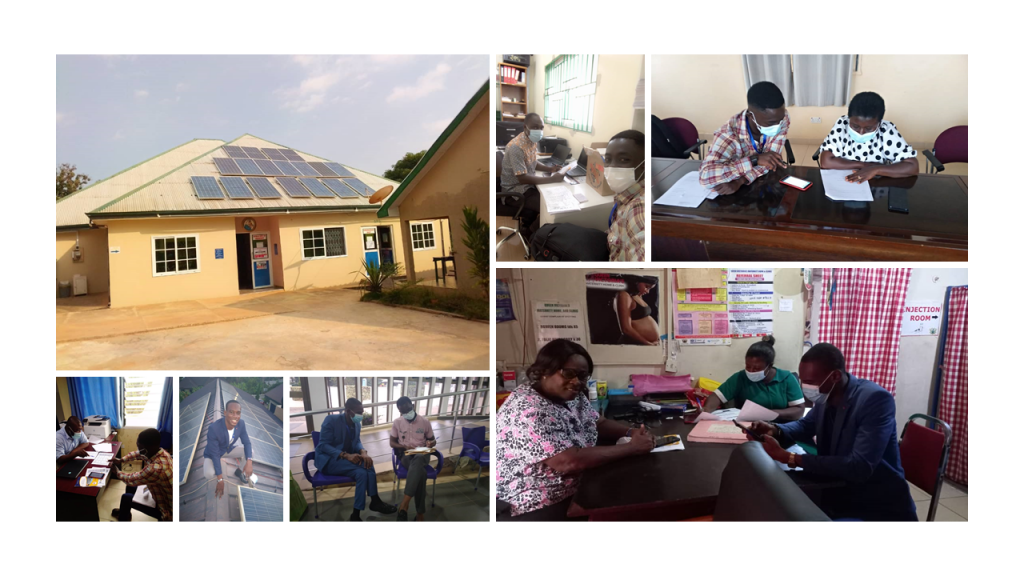The last time we spoke, you were at the planning stage of your data collection in Ghana. Can you state again, what it is you are trying to find out with your research?
As explained in our last interview, work package 1.1 deals with the political economy of sustainable energy transition in the Ghana Health and Energy sectors. Specifically, we seek to the analyse the factors that influence institutional or policy change towards clean energy transitions in Ghana with specific emphasis on solar PVs.
How is your data collection proceeding?
So far, the first round of data collection has been concluded. After experiencing some difficulties during the initial stages due in part to the global Covid-19 pandemic, we managed to successfully conduct 19 qualitative interviews with key stakeholders at the national level in Ghana. The categories or groups of stakeholders interviewed included the following: Health and energy policy makers, sector regulators, donor institutions and international agents, NGOs and civil society groups within the health and energy space, and finally independent experts. A follow up or mopping up round for a few stakeholders interviewed is planned for June 2022.
Continue reading Interviews with key stakeholders in Ghana →
